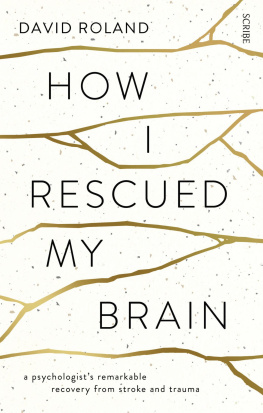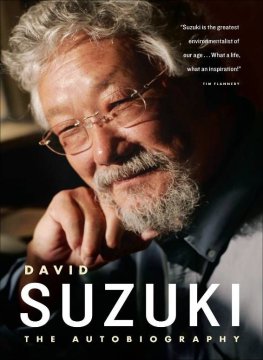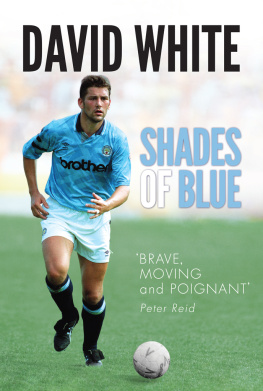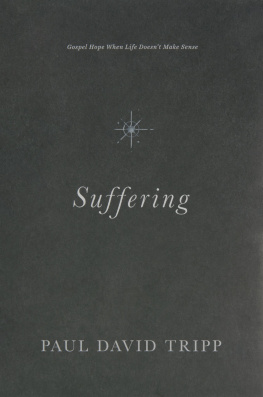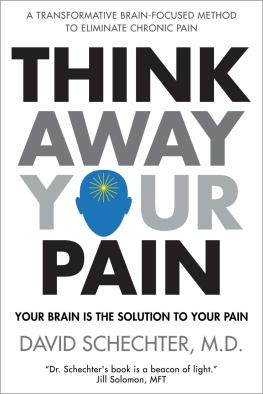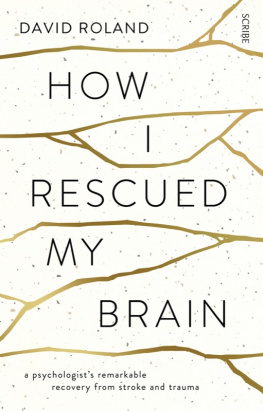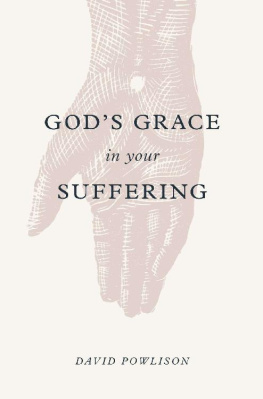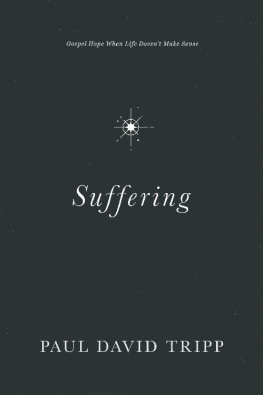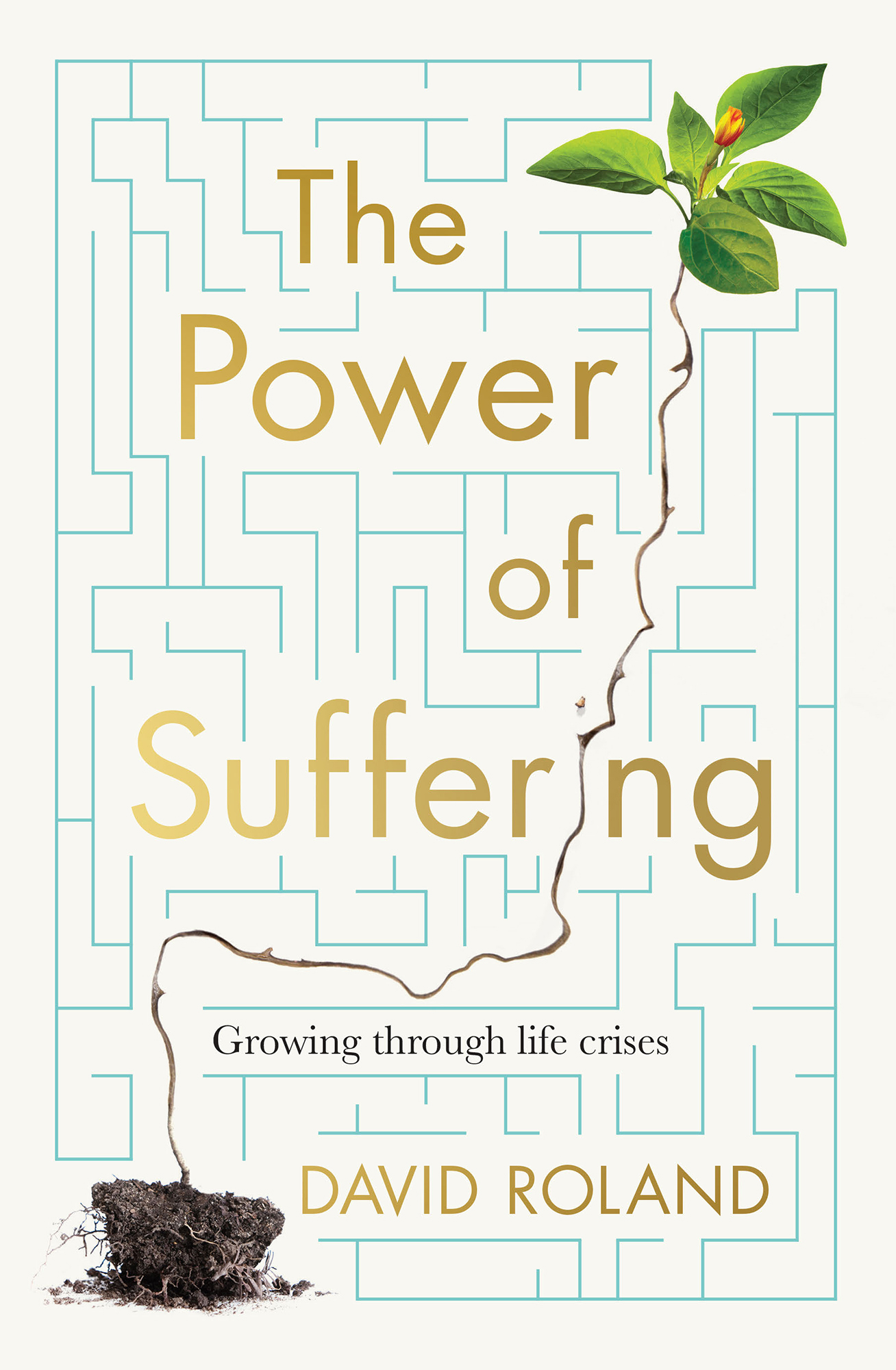Contents
Guide
THE POWER OF SUFFERING: Growing Through Life Crises
First published in Australia in 2020 by
Simon & Schuster (Australia) Pty Limited
Suite 19A, Level 1, Building C, 450 Miller Street, Cammeray, NSW 2062
A CBS Company
Sydney New York London Toronto New Delhi
Visit our website at www.simonandschuster.com.au
David Roland 2020
All rights reserved. No part of this publication may be reproduced, stored in a retrieval system, or transmitted in any form or by any means, electronic, mechanical, photocopying, recording or otherwise, without prior permission of the publisher.

Cover design: Emily ONeill
Cover images: Getty Images, Shutterstock
Typeset by Midland Typesetters, Australia
Bring a kind heart to the world.
Chapter 1
Ashley, my nineteen-year-old daughter, telephoned me one day. This wasnt unusual. She often called for a chat.
It was good to hear her voice. As a first-year university student living away from home for the first time, and interstate, she was learning to be independent. But Ashley wasnt just calling for a chat. She needed my help.
Dad, Ive got this 1500-word essay and I cant do it.
I often helped Ashley with essays during her high school years. This is going to be an editing job, I thought.
What part of it are you having trouble with? I asked.
All of it, she said. Its not making sense, and its due next week.
I heard a thread of panic in her voice, which was very unlike her. Normally, Ashley was an unflustered kid, and stoic. This is not goingto be the usual conversation, I thought. My concentration homed in, and the lovely spring day Id been enjoying receded into the background. I eased myself onto the sofa in the lounge room and made ready to hear whatever would come.
What emerged was the deepest, most revealing conversation wed ever had. Ashley was in crisis, not only with the essay but also with life. Her voice trembled and, at times, stalled as her story unfolded, then I heard soft sobbing down the line. My eyes watered. I wanted to reach out and hold her.
Ashley was facing education and health challenges. She was overwhelmed, with no idea of what services she needed or how to access them. I told her shed done well to get this far and acknowledged this to myself, too, perhaps for the first time. Although we were more than 1000 kilometres apart, it felt like we were very close.
I was a psychologist, had worked as a university counsellor at one time, and although the university and the city were unfamiliar to me, I knew where to begin. I told Ashley Id make calls and get back to her by the days end.
I secured her a next-day appointment with a university counsellor; he would organise an extension on her essay once shed explained her difficulties. The university medical centre had a drop-in time for students in the mornings, and the study skills centre offered a 1:1 tutorial session for her the following week.
My discussion with Ashley had revealed a developmental issue thwarting her capacity to study. This hadnt been picked up during her high school years, but now, under the pressure of university study, and without her usual supports, it was a major roadblock. Assessments and reports by qualified professionals were needed. More calls over several days secured appointments with various practitioners: four major consultations in all, to be conducted over a week, in one months time. I resolved, without hesitation, to fly down and be with her during that week, making myself totally available. Id go earlier, if she needed me.
Once all these things were in place, I reflected upon my actions. Something within me felt different, but what? I was doing what any parent would do, right? Well, maybe not. Before, when Id been a work-focused psychologist running a private practice, something like this would have been an extreme inconvenience. Im not sure I would have listened to my daughter so openly and intently without jumping in, trying to quickly problem-solve. Id have shifted the responsibility to her mother, now my ex-wife, to see if she could go. But now, there was no question: I wanted to be there for her.
It was as though my internal compass was pointing in a new direction, away from my own needs and towards love.
Id noticed other changes in recent times, too. I was less interested in elaborate, expensive, pleasure-seeking activities, and more content with simple pleasures, like a walk or swim at the beach, coffee with a friend, family dinners, playing music, connecting more deeply with others. I was sensitive to the suffering in the world in a way that was raw, and more tangible than before. Id become less judgemental of peoples differences, seeing the whole person, recognising that everyone has a story of how they came to be the way they are and accepting that I must be less than perfect, too. I was less of a know-it-all, which was a relief to friends and family, Im sure.
What had wrought this change?
Well, life hadnt been easy in recent years, and I suspected that suffering had done its work on me.
If I were to place a pin at the epicentre of my suffering, I would locate it at the hospital room more particularly, 16 July 2009, my first night there. The bed was hard, the sheets too crisp and the antiseptic hospital smell smothering. The fluorescent glow from the outside corridor spilled into the room like a rough-necked intruder, and the ruffling sounds of my roommate in the bed next to mine were unfamiliar. Nothing felt homely and the prospect of sleep, so tantalising, was way off.
My mind freewheeled, screening show reels taken from life events. They revealed nothing but failure: failure as a decision-maker, as a father, as a husband, as a provider, as a psychologist. I could see nothing that was good. And the finale: Im a burden to everyone; the world would be better off without me.
But I must have slept, because morning light from the long window by my bed nudged me awake and my new reality seeped in. How on earth had I ended up in a psychiatric hospital?
The question hung over me like a thought bubble as I ventured through the day. It was a question I couldnt answer. I couldnt be sure if what I was experiencing was real or if I was in a dream. Maybe this is psychosis, I thought? When people spoke, I wondered: Is that person really speaking to me or am I imagining them? Not being sure, I acted as if everything around me was real; the alternative was too frightening to contemplate.
There was something else, too. My mind was in a fog, as if I was drugged. Thoughts crawled through an invisible sludge, images of people and places had no labels, and I couldnt name them. Id lost words. Time was passing but I couldnt say how much, or even be sure of what Id done moments before. Noises seemed amplified and stabbed into my brain like needles.
I tried to capture these bizarre experiences. I took out my journal, sat on the bed and began writing. My hand seemed drunk as it scraped across the page, and my attention kept drifting off into some netherworld: I never thought this would happen to me. Very strange first night. What am I doing here? Feel some sense of shame. Finding this hard to write.


